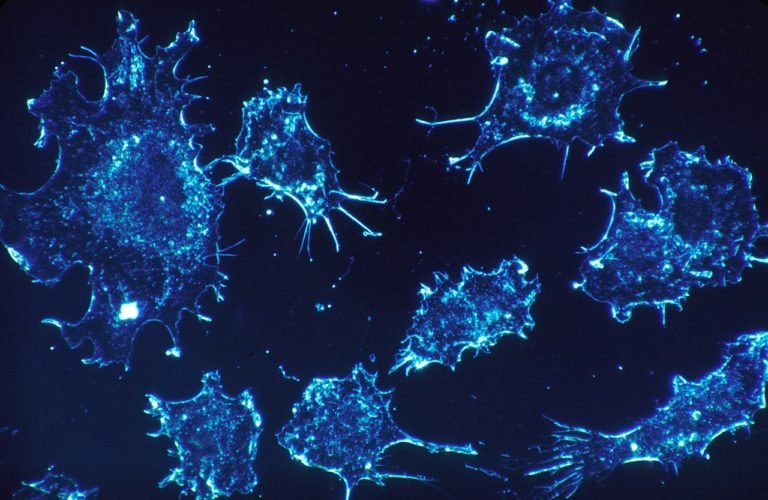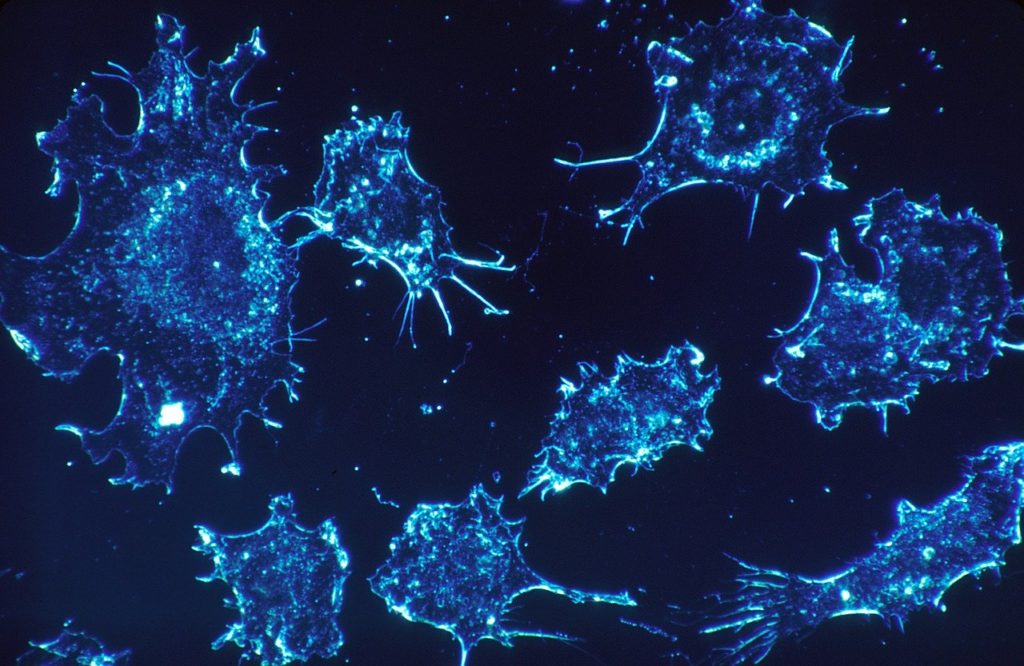

Finding out that you or a loved one has cancer is one of the most difficult pills to swallow but a newly-discovered cell could potentially lead to an all-cure to this terrible disease.
Scientists from Cardiff University have discovered an immune cell with a new type of T-cell receptor (TCR) that can recognize MR1, a molecule that often occurs in many types of cancer cells.
T-cells, white blood cells that help our immune system discover threats to our body, that were equipped with this new TCR led to a stunning observation… not only can they identify MR1 (a.k.a. cancer cells), they immediately target and eliminate it!
The use of TCR cells in cancer immunotherapy isn’t exactly new, though. CAR-T, which involves extracting T-cells from a patient’s blood and genetically-engineering them to find and kill cancer cells, is one of the approved therapies by NHS. The problem lies in that CAR-T is patient-specific, targets only a few types of cells, and isn’t effective against solid tumors.
What makes this research ground-breaking is that T-cells modified with this new TCR were observed to not just target cancer cells found in the original host, but also that of other patients — regardless of whether they are of the same types of cancer.
“It raises the prospect of a ‘one-size-fits-all’ cancer treatment; a single type of T-cell that could be capable of destroying many different types of cancers across the population,” says researcher Andrew Sewell. “Previously nobody believed this could be possible.”
While this new cell therapy has been tested on T-cells of melanoma patients, scientists still have a lot of testing and safety checks to do before it can be used as a treatment for cancer. Once they’ve gotten through these hurdles though, this new discovery could one day help us cure cancer of all types…
Living in a cancer-free world may soon be a dream come true!